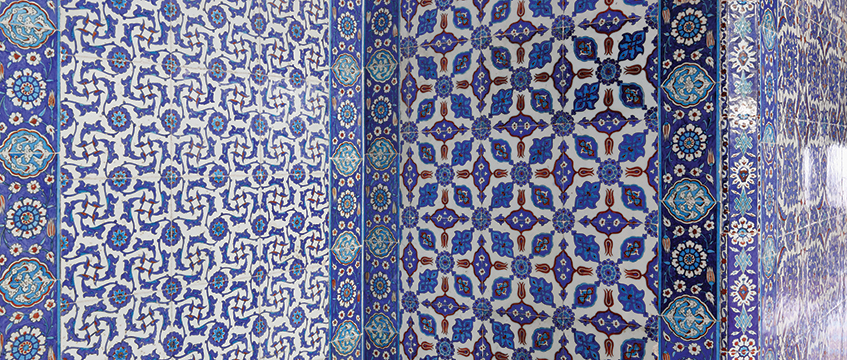Islamic investors will only put their money to work through instruments that abide by the teachings of the Koran. Anthony Pallet of Hogan Lovells Dubai sets out what you need to know about sharia-compliant finance
1 There is no standard for sharia compliance
Sharia, which literally means “the way” in Arabic, is a set of rules, principles and parameters derived from the primary sources of the Koran and the practice of the Prophet Muhammad.
Certain elements of sharia are fairly specific (such as the prohibition on interest) but others are more akin to principles or guidelines, which are open to further interpretation.
As a consequence, there are no codified rules governing sharia-compliance and the structures and their implementation in practice vary depending on the jurisdiction of parties and the approach of their sharia supervisory boards.
The Accounting and Auditing Organisation for Islamic Financial Institutions publishes ºagreed standards for use in the context of Islamic finance and these are increasingly used by banks and financial institutions but sharia-compliant products continue to evolve and adapt as the industry grows.
2 It is not just about the prohibition of interest
The prohibition on the charging of interest (or riba) is probably the most well-known aspect of conducting business in accordance with sharia principles. The Islamic finance industry has grown exponentially in recent decades to cater to the increasing demand for sharia-compliant finance.
But, sharia can have a much wider effect on commercial transactions. For example, investments that involve chance or speculation, known in Arabic as maisir, or prohibited products such as pork products, alcohol and conventional finance, are unacceptable or haram.
This can obviously take some real estate developments, such as casinos, out of the scope of sharia-compliant investment and cause issues for other asset classes, particularly in the hospitality, retail and banking sectors.
Of particular relevance to the property industry is the fact that conventional insurance products are haram and, as a result, developers that are operating strictly in accordance with Islamic principles can be required to purchase sharia-compliant insurance products, or takaful.
3 Relevance extends globally
Many of the sharia-compliant structures used in business have been developed in the predominantly Muslim countries of the Middle East and south-east Asia.
However, in recent years, Islamic finance has become much more of a global phenomenon as investors from Islamic countries have looked to put their money to work overseas and governments and corporates from countries outside the Muslim world have issued sharia-compliant bonds (or sukuk) to tap into alternative sources of funding.
The UK is a prime example of this and a number of real estate investments in London (for example, Chelsea Barracks and the Shard) have relied on sharia-compliant investment. Several non-Islamic countries have issued sovereign sukuk, including Singapore, the UK and Hong Kong, and this trend is set to continue as other parts of the world, such as Africa, follow suit.
4 There are challenges integrating with local laws and customs
In most countries, including some in the Muslim world, the legislative and regulatory frameworks do not expressly cater for sharia-compliant products. In particular, the fact that many Islamic finance structures rely on the sale and leaseback of real property, practitioners need to be careful to avoid additional stamp duty or other taxes that would not arise in conventional finance.
A number of countries, such as the UK, France, Malaysia and Singapore, have introduced legislation to deal with these issues, and this has helped the development of Islamic finance in those jurisdictions, as discussed above.
5 Real estate is a natural fit for sharia-compliant investment
Sharia encourages investment in assets that are for the benefit of society as whole. The combination of this core principle, and the fact that many Islamic finance structures need to be asset-based or asset-backed, means that the real estate sector is ideally placed for sharia-compliant investment and that growth in this area is set to continue.











